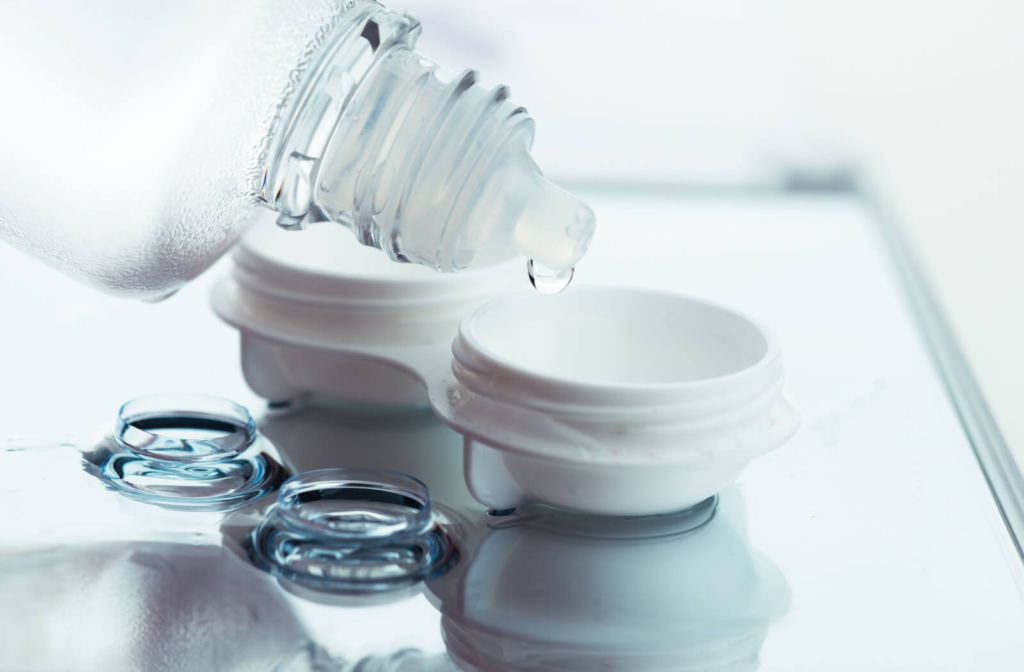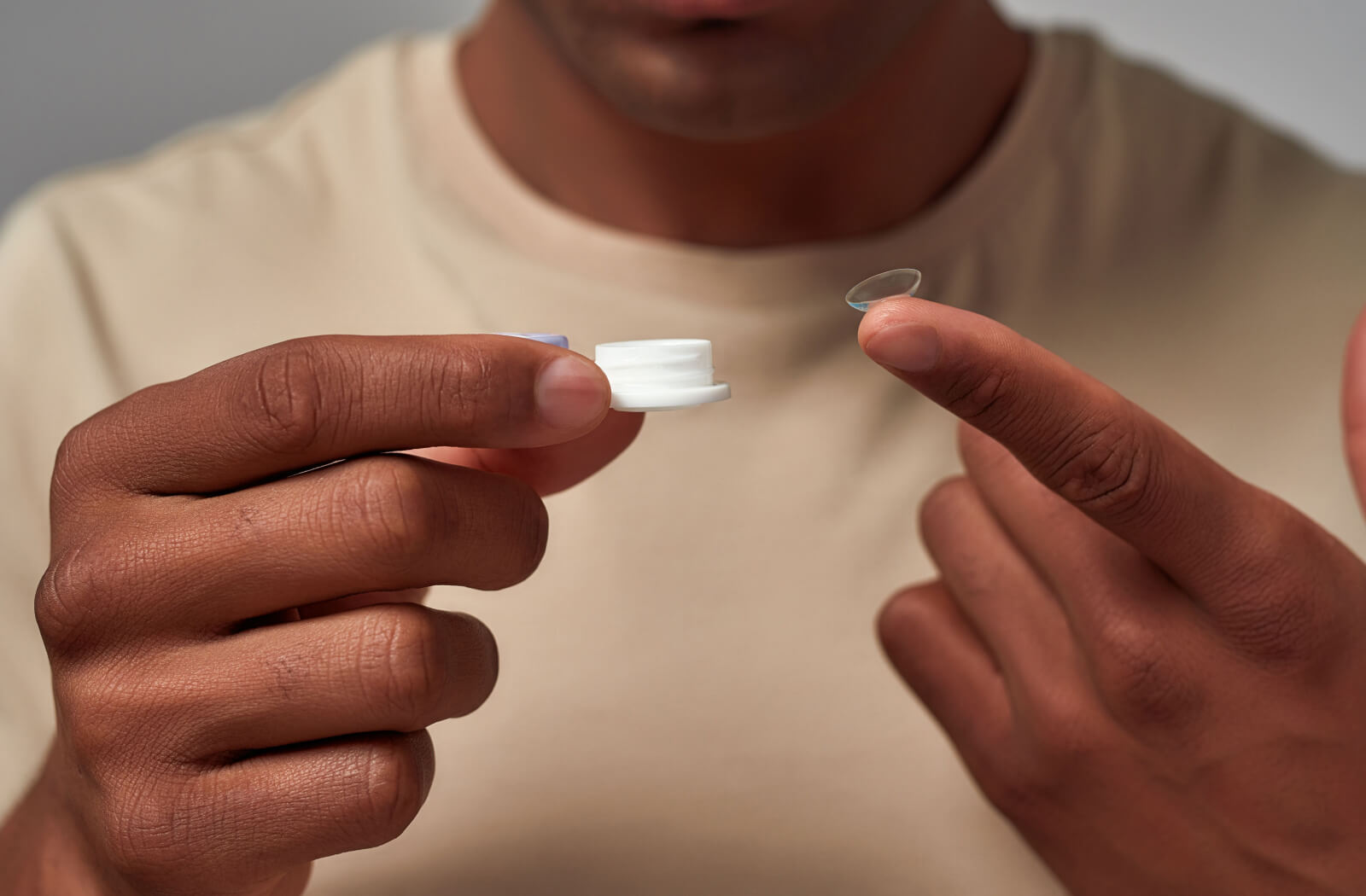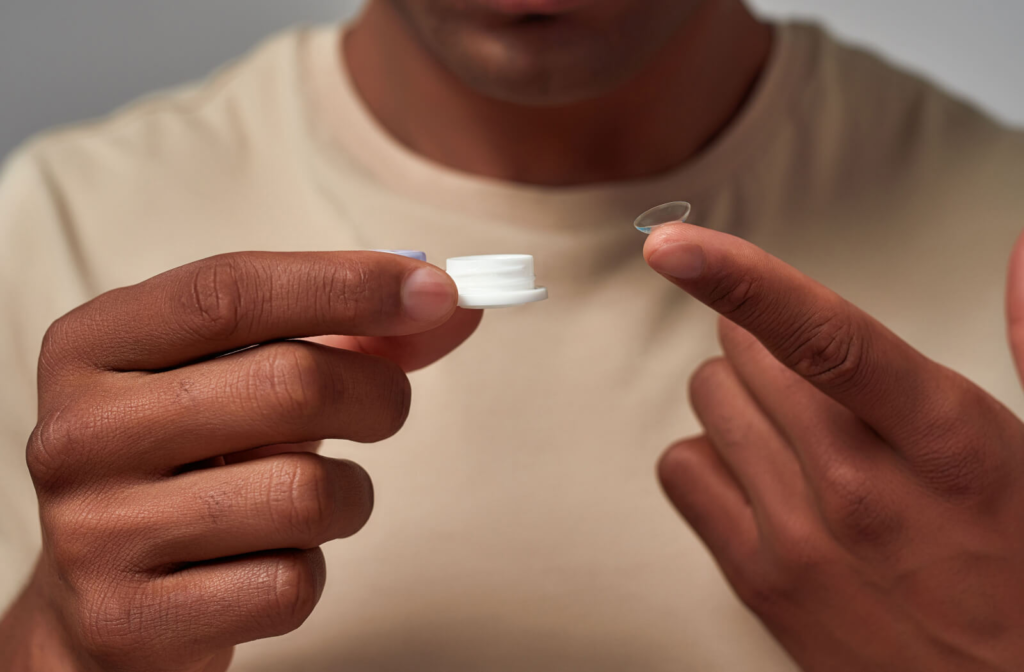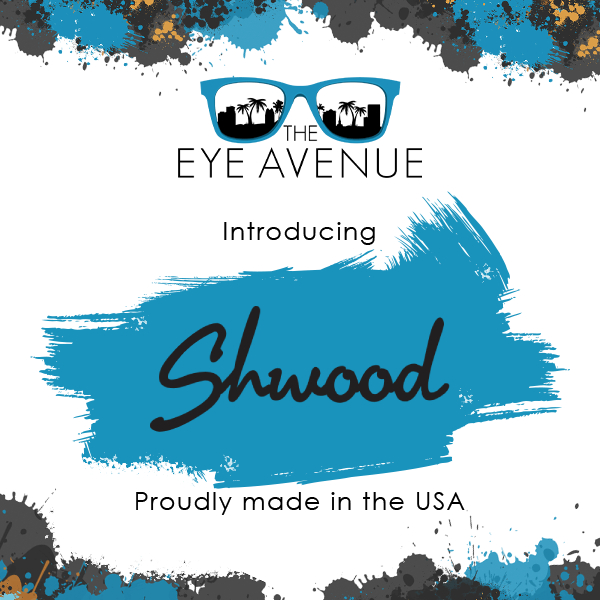A good set of contact lenses can do more than help you see clearly. They can also support your lifestyle and your overall eye health. But to do this, they need to be cared for. Contact lenses don’t last forever—they can expire or wear out over time.
From daily lenses to specialty contacts, millions of Americans wear contact lenses, and we can help you find the right lenses for your needs. No matter what kind of contact lenses you wear, your optometrist can talk you through proper care and what to look out for when your contacts expire.
Are Expired Contact Lenses Dangerous?
Our eyes are impressive but delicate structures. Since manufacturers design contact lenses to sit directly on their surface, it might not be a surprise to learn that contacts can come with some risks.
For example, bacteria and debris may find their way to your eyes through lenses that have expired or haven’t been cared for properly, leading to eye infections.
Symptoms that may indicate an eye infection include:
- Eye pain
- Redness
- Light sensitivity
- Blurry vision
- Watery eyes
- Stringy mucus discharge
- The feeling of something foreign in your eye
Always follow the proper wear schedule for your contact lenses, and if you notice these symptoms, contact your eye doctor as soon as possible.
How Do Contact Lenses Expire?
When we say contact lenses “expire,” we don’t mean they’ll turn brown like an apple or curdle like milk. A contact lens going bad is more about bacteria and microbe growth.
Contact lenses need to stay sterile. Think about them like any medical tool. You wouldn’t want your doctor using a scalpel that fell on the ground, and you don’t want to put a dirty contact lens in your eye.
This contamination is especially relevant regarding soft contact lenses, which 90% of contact lens wearers use. If you’re one of these people, you may have noticed a date on the side of the box your lenses come in. This is the expiration date, and you should always follow it.
The Saline Solution
When you open a new box of contacts, you’ll often find them in blister packs full of saline solution. The manufacturer puts your soft lenses in these airtight packages to protect them from bacteria. And technically, the saline solution has the expiration date, not the lenses. You should never wear contact lenses if the expiration date has passed.
The saline solution is carefully made to protect your lenses, but it can become more or less acidic over time. This change in acidity results in it losing its disinfecting qualities. Additionally, the seal on the blister pack may fail, allowing contaminants to reach the solution. With the solution no longer able to protect the lenses and the seal open to the air, foreign pathogens may turn the contact lens into a breeding ground for bacteria.
Do Unopened Contacts Expire?
Yes, unopened contact lenses do have an expiration date. The lifespan of unopened contacts varies depending on the type of lenses and their packaging. Soft contact lenses, typically sealed in sterile blister packs, can last for several years if stored properly. Most manufacturers indicate an expiration date on the packaging, which serves as a guideline for the lenses’ viability. It’s important to check this date and adhere to it.
Specialty lenses or those designed for extended wear may have shorter expiration periods. To ensure the longevity and safety of unopened contact lenses, follow the manufacturer’s recommendations for storage and replacement, and consult with an eye care professional for personalized guidance based on individual prescription and lens type.
Contact lens exams and fittings, along with regular eye check-ups contribute to maintaining optimal eye health when using contact lenses.

Types of Contact Lenses
The wear schedule of contact lenses refers to how long and how often you’re supposed to wear that certain type of lens. During a contact lens fitting, your optometrist can help you determine what your options are for different types of contact lenses.
Contact lenses generally fall into two broad categories: soft contacts and rigid gas permeable (RGP) contacts. However, you may also hear of hybrid, toric, and scleral lenses.
Soft Contact Lenses
Some people refer to soft contact lenses as disposable lenses since they’re often thrown out after use and replaced with fresh, new lenses. However, the wear schedule for a soft lens can vary. Some are daily wear and get thrown out every night, while others can last up to a week before being disposed of.
Soft contact lenses are made of flexible plastics. Silicone-hydrogel is a material often used for soft contact lenses because it can be more comfortable to wear and can let more oxygen through to the eyes.
The moisture-retaining ability of soft contact lenses can be excellent for ease of wear but can also make them act like a sponge. This can be a problem when the saline solution they’re stored in expires or the blister pack seal fails. Like a sponge, the soft contacts can pull in contaminants and may transfer them to your eye. Soft contacts may even absorb proteins and lipids from your tears.
In either case, this buildup on contact lenses that are expired or simply worn beyond their intended wear schedule can leave your eyes open to infection.
Rigid Gas Permeable (RGP) Lenses
RGP lenses are popular for people with “hard-to-fit” eyes due to conditions such as astigmatism or dry eyes. In addition, RGP lenses are designed to be more durable and resistant to deposit buildup.
RGP lenses can take some time to get used to, and they can also require more care to maintain. As with other contact lenses, it’s important to follow your optometrist’s care instructions to keep your lenses clean and your eyes healthy.
RGP lenses can last longer than soft contact lenses and some types do not have strict expiration dates. They can, however, break down over time. However, if you take care of your reusable RGP lenses, you may find they can last for years.
As your optometrist, we can walk you through the steps required to care for your lenses and answer any questions you may have.
Personalized Contact Lens Service
Whether you’re thinking about switching to contacts or have questions about the contacts you’re already wearing, our team at The Eye Avenue is ready to help determine what can meet your unique needs.
Book an appointment for a contact lens evaluation and learn how the right contacts can brighten your entire day.




